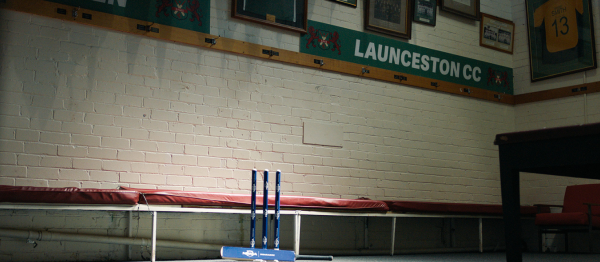17 July 2023
Helping to beat the scourge of ocean-borne plastic
This Moment of Help takes place in Ngaro country, on the Whitsunday coast of Queensland, where turtles have long tangled with marine debris.
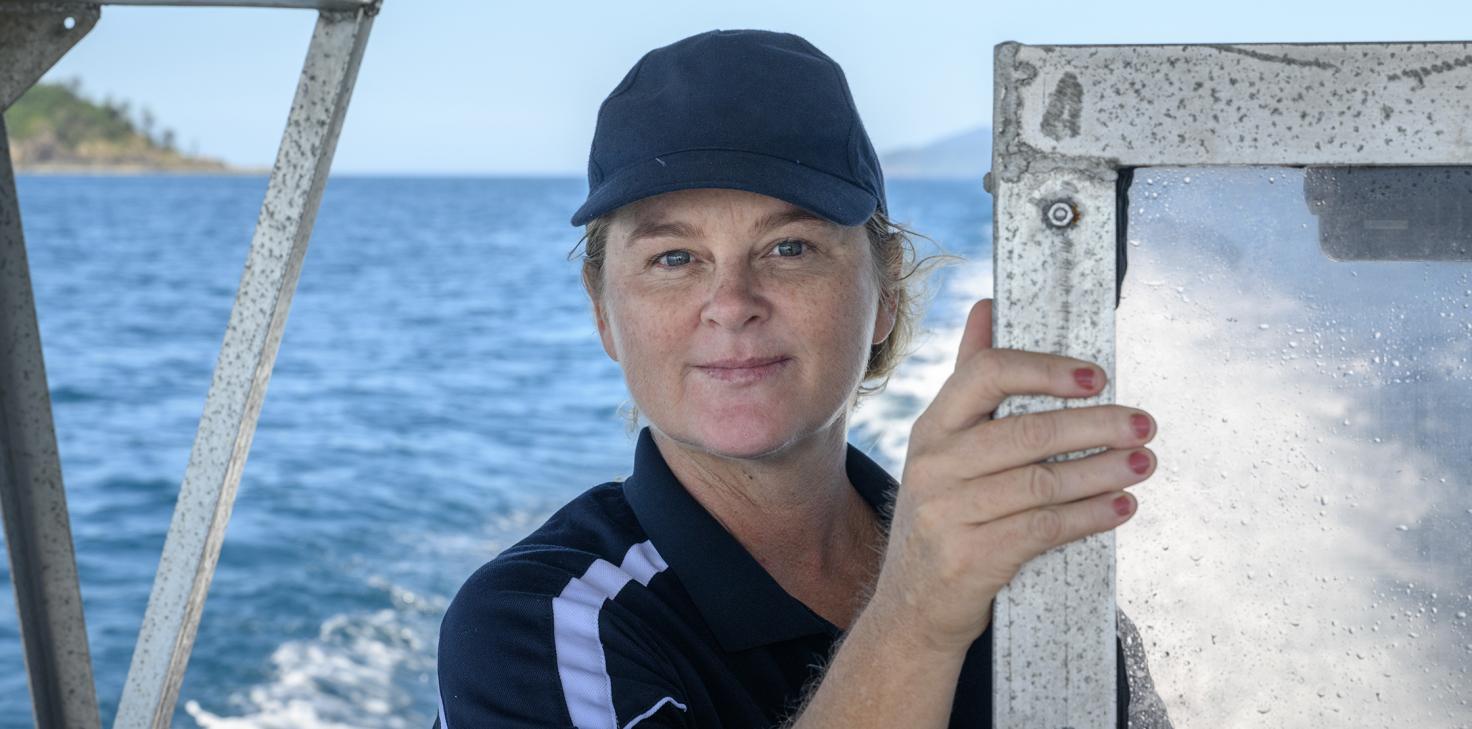
Last year, with the help of hundreds of volunteers, Eco Barge Clean Seas removed more than seven thousand kilograms of washed-up waste. This was a huge improvement from 2010, when founder Libby Edge and her helpers removed around 52 thousand kilograms of debris from Whitsunday beaches, during Eco Barge’s first full year of operation.

The reduction is a testament to Libby’s determination to ameliorate the threats to wildlife within this precious island archipelago.
In 2008, Libby, an Airlie Beach resident, walked over the hill on nearby Grimston Point carrying one of her daughters, Billie, who was then a baby. She saw the shameful mounds and rivulets of marine debris piled into the ocean-facing beach, and she cried.

“I was so naive,” she says, recalling that she had watched a 60 Minutes’ documentary, Sea of Shame earlier that year, which focused on the damage marine debris was causing in the ocean around Hawaii. “I thought, ‘Thank God it's not in the Whitsunday Islands’.” Just a couple of weeks later, the scene at the beach that was open to south-east winds and ocean currents, shocked her into launching a now 14-year-long crusade.

Libby and her younger brother, Dean Cameron, had spent a large part of their childhood living on a yacht skippered by their parents, sailing around the Pacific. “Solomon Islands, New Zealand, the ocean, that was our backyard,” she says, recalling waters teeming with fish, turtles and whales. Her upbringing ignited a lifelong affinity — “I’m very connected to marine life,” she says.
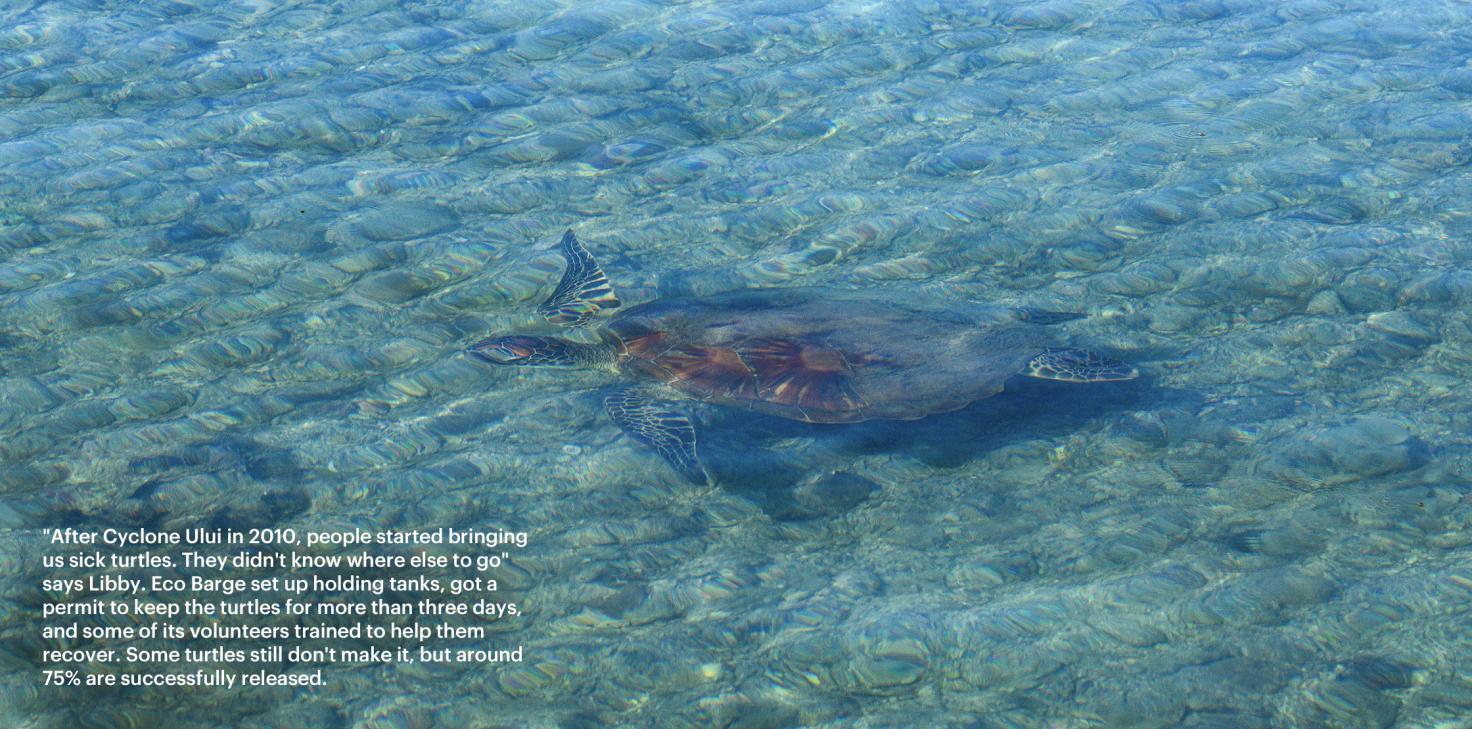
As a tour boat skipper, she worked primarily around the Whitsundays’ more sheltered and less littered bays and beaches, and she was “mortified” to discover that she underestimated the threat to her home environment. Her gut reaction to the Grimston Point catastrophe was to want to “remove the debris, and bring the public out with us, so they could change what they do on land and help protect our marine life”.

Her then-husband David Edge, was running a boatyard out of Airlie Beach: “I went home and I’d had this life shift. I just knew it was up to me to do something,” says Libby. At first, Dave told her the problem was too huge, and she was crazy to think she could help, but within an hour he’d considered how it might be done and suggested using a barge from his business that was maneuverable, with capacity for collecting rubbish, and a low draft perfect for landing at beaches.
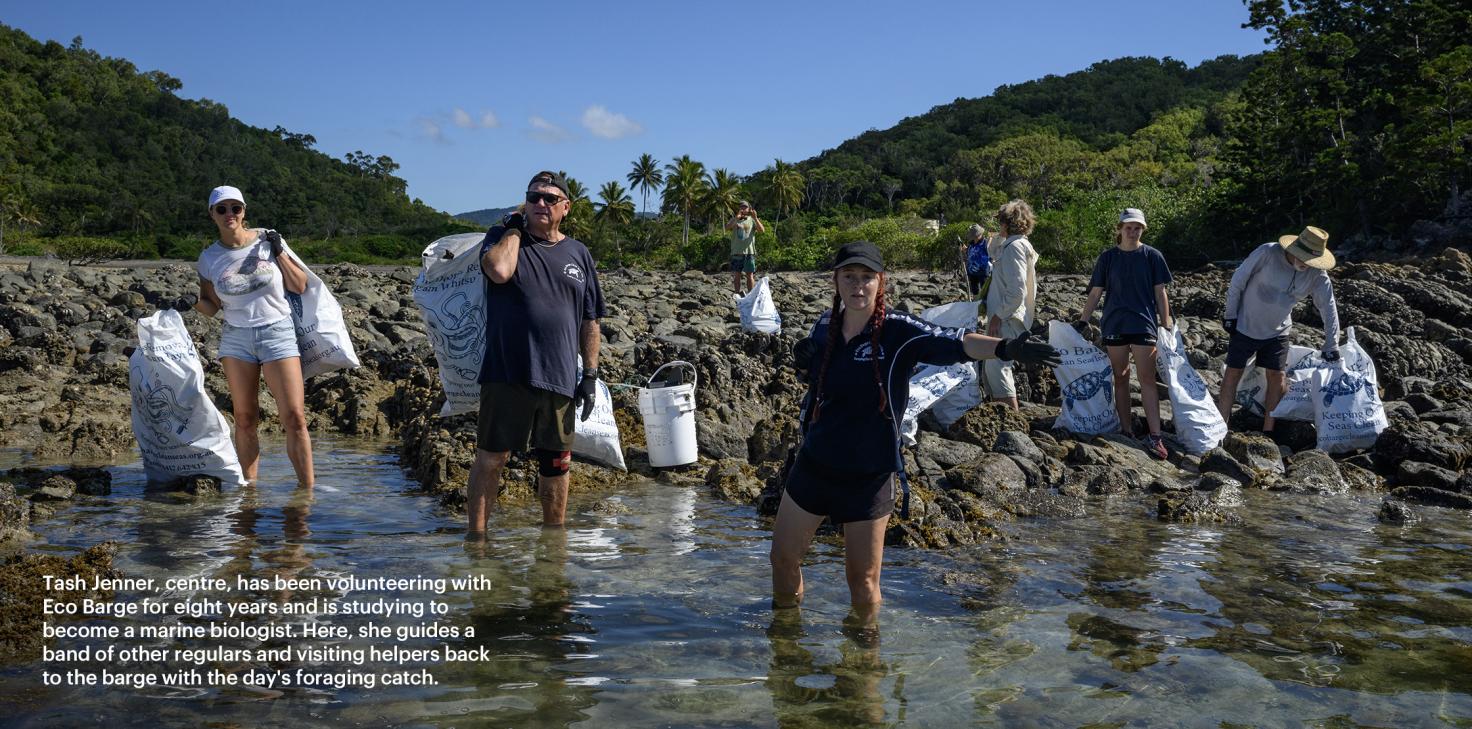
Over the subsequent year, whenever her little girls had a nap, Libby wrote proposals for a clean-up operation, applying to then Prime Minister Kevin Rudd, and anyone else she could think of for funding.
Reef Catchments, the natural resource management group for the Mackay-Whitsunday-Isaac region, agreed to fund her first five trips, and in July 2009, Eco Barge Clean Seas Inc was born. In the second half of that year, with the help of some 50 volunteers, Libby brought in almost four thousand kilograms of rubbish off the southeast-facing beaches of the Whitsundays.
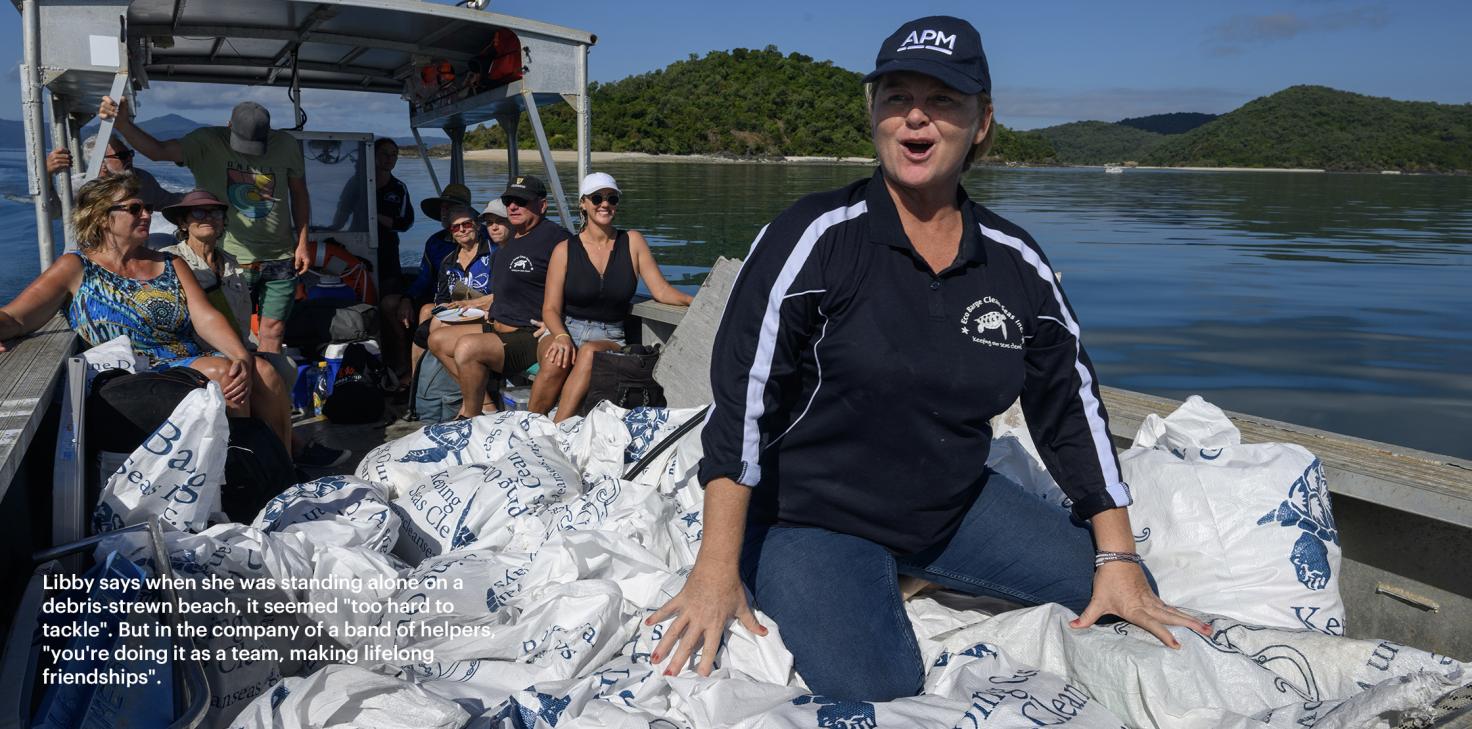
She says the majority of debris on beaches is plastic — because it floats — and research has shown that 60% to 80% is coming from stormwater runoff. “Everyone was saying ‘It's the boaties, it's the tourists’, it's everyone else but themselves, but whatever we do on land affects our marine life,” and what washes from gutters and streets into stormwater drains get carried via river systems to the sea.
Libby quickly found that the enthusiastic help of others was one of the most uplifting aspects of what she was trying to achieve: When I went to that beach with my daughters, I felt so despondent about the human race. I had to do something about it”, and at that moment Libby felt very much alone. Now, she says, “My favourite thing with Eco Barge, is we're dealing with a dark issue but in a positive way, with a band of volunteers.”
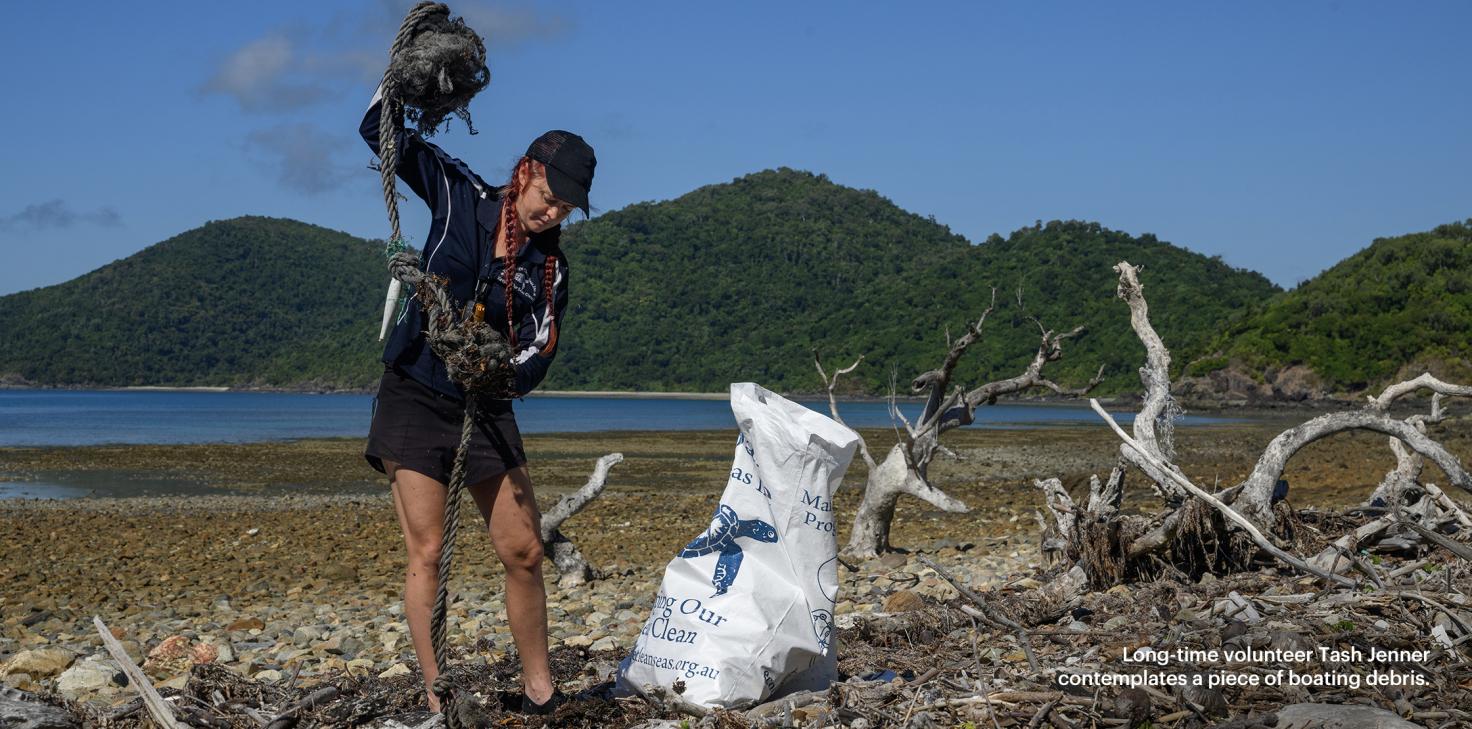
The volunteers inspire me. It's how much people actually care — if you give them a platform to be able to do something environmental, to give back, they turn up in droves.
Today, Eco Barge has 2,300 volunteers on its register, and counting. On a sunny day in May, Libby reports, “A family just called, saying, “We've come up to the Whitsundays with our three kids, can we come and help?’” Libby was able to fit them on a barge going out in the next 20 minutes — a stroke of luck because Eco Barge aims to run 40 efficient trips a year and their timing is dependent on favourable weather and tides.
She says the grim plastic harvest has become steady: “Now that we’ve got on top of the sheer mountains of garbage, we’re in what we call a monitoring phase — ensuring those islands are as clean as they can be”.

At the heart of this not-for-profit organisation are around 10 like-minded locals — the regulars in what is a largely transient town population. They’re like family to one another, says Libby; the crew has watched her daughters Hayley and Billie grow up; many friendships have been made; and one newly formed couple even got married.
It can be a very lonely town. Where can you go to meet people? Not always the pubs! At Eco Barge, people bond without realising. It’s a hub in the Whitsundays where people can come and participate in direct action and make friends.

Some eco barge volunteers have trained to care for sick turtles in the associated Whitsunday Turtle Rescue Centre, launched in 2013 to triage the injured and redirect them for veterinary care, but mostly to rehab and release turtles affected by “float”, or air in their cavity, that prevents them from diving for food. So far, 170 turtles referred to the centre have been successfully released.
After 14 years, with a total of almost 250,000kg of garbage collected, 170 turtles rehabbed and successfully released, a number of land-based awareness programs delivered and 2,300 registered helpers, how does Libby feel about Eco Barge? “Emotional,” she says, shedding some tears. “Sorry,” she continues. “It can be a hard ship to run, but it’s the volunteers I love best.”
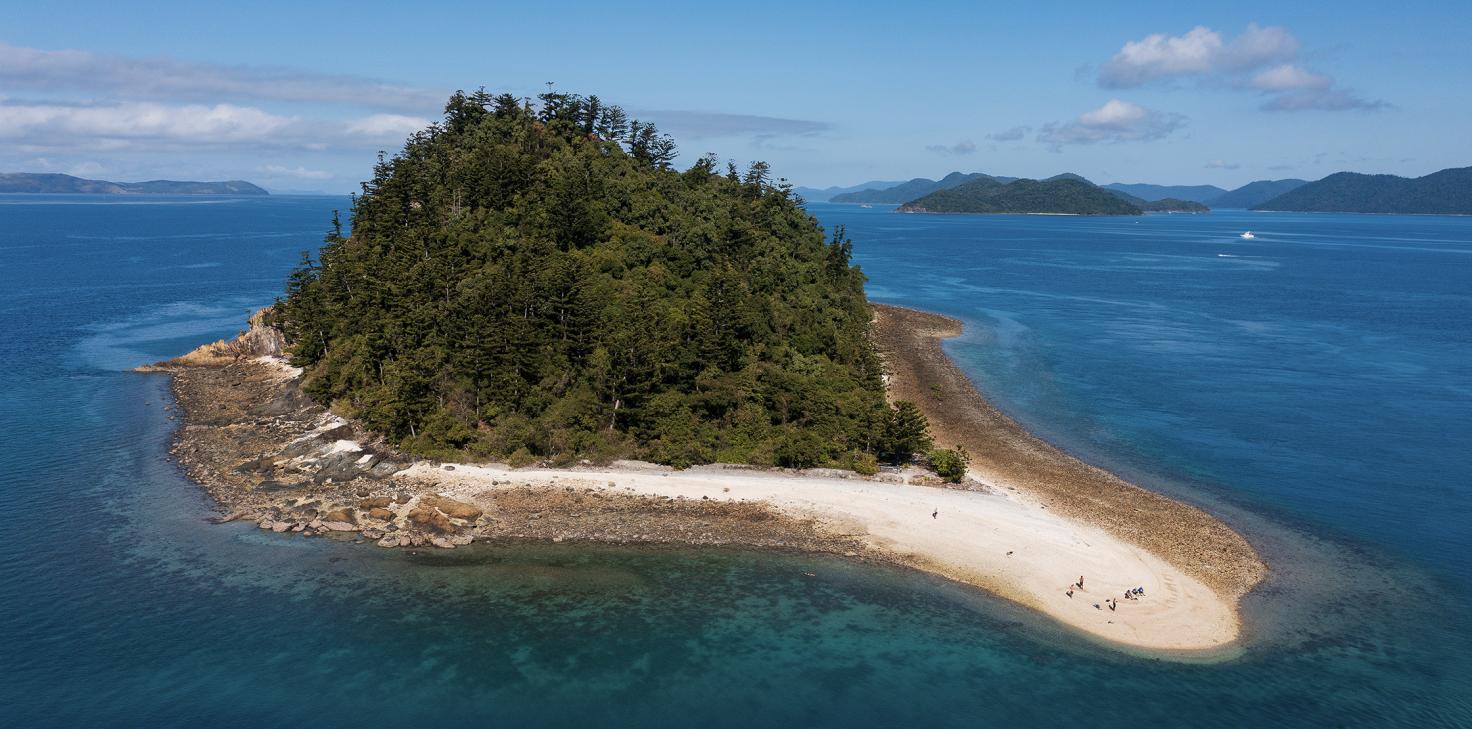
The Power of Help is within us all. Communities are stronger together. Share your Moment of Help here or to create your Moment of Help, join the Australian Resilience Corps, as we create the country’s largest army of helpers.


